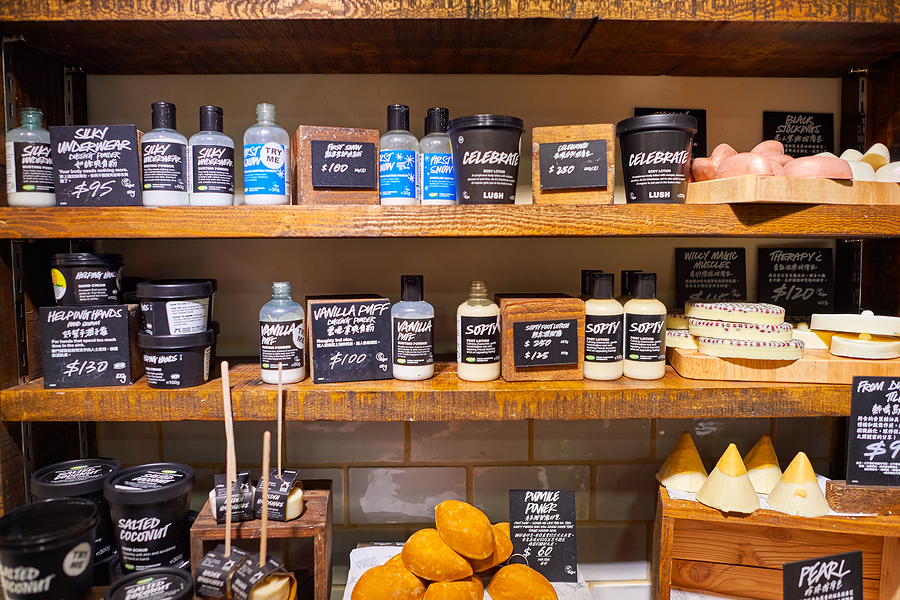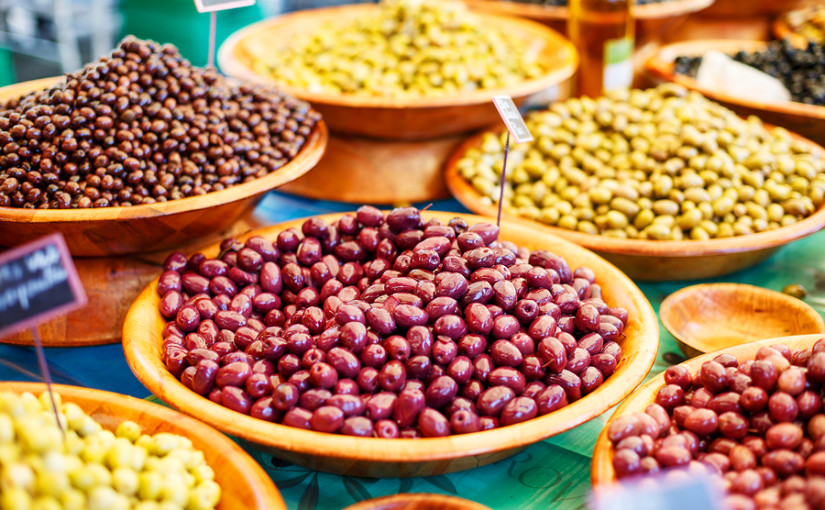I love reading zero waste blogs, and articles about zero waste advocates such as Bea Johnson. However, with enjoyment and admiration comes frustration at the zero waste lifestyle they all discuss being so difficult to achieve in smaller towns and cities which don’t often offer the option of purchasing an array of loose produce.
Certainly the town I live in doesn’t have anywhere dedicated to selling loose produce such as nuts, seeds, pulses, spices and household cleaning liquids. The local market sells loose fruit and vegetables, but that is where the line is drawn. Even if it did sell the loose items I required, the journey to and from the market wouldn’t be very earth-friendly as it is far away from my home and I couldn’t cycle with all my goods.
So, what do you do if your circumstances aren’t ideal for living a zero waste lifestyle? You try your best with the options you have available to you, because some waste reduction is better than no waste reduction. Try the below suggestions to cut your waste.
Only buy what you need
This may sound obvious, but without planning it is easy to buy ingredients and other items you really don’t need. In order you cut down on your waste production you need to question every single purchase. Do you really need it? Is it reusable?
Grow what you need
If you have the space and time, why not grow your own food? You can reuse containers you already have to plant seedlings, and you’ll soon be enjoying fresh, homegrown vegetables and fruit. Nothing tastes better!
Buy in bulk
If you don’t have the option in your area to buy small amounts of loose food from stores which provide it in bulk, instead buy large packages of food. This will not only save you money but cut down on the amount of packaging you are buying. Just make sure you only buy bulk amounts of food that will keep, such as rice, pulses and pasta.
Return the packaging

Where you can, buy products in packaging that can be returned to the manufacturer. Lush offer this service, and encourage it by rewarding customers with a free fresh face mask on the return of five of their black plastic product pots.
Opt for easily recycled packaging
Anything that you can buy loose, buy it loose. If you have a choice when it comes to the packaging of what you are purchasing, always opt for the packaging which is most easily recycled. Paper and cardboard are the ‘best’ choice as they are biodegradable and compostable. Glass and tins are also highly recyclable (and fully recyclable), so they are your next best options, although you will need to check for tins with the plastic lining.
Shop in new places
Whilst you may not have a local dedicated bulk buy/loose produce shop, it is worth checking out farmers markets, delicatessens, food fairs, old fashioned sweet shops, and health food shops. It’s amazing what you can find when you really look.
Please add further ideas in the comments section – let’s help each other towards zero waste.
Featured image credit: romrodinka
